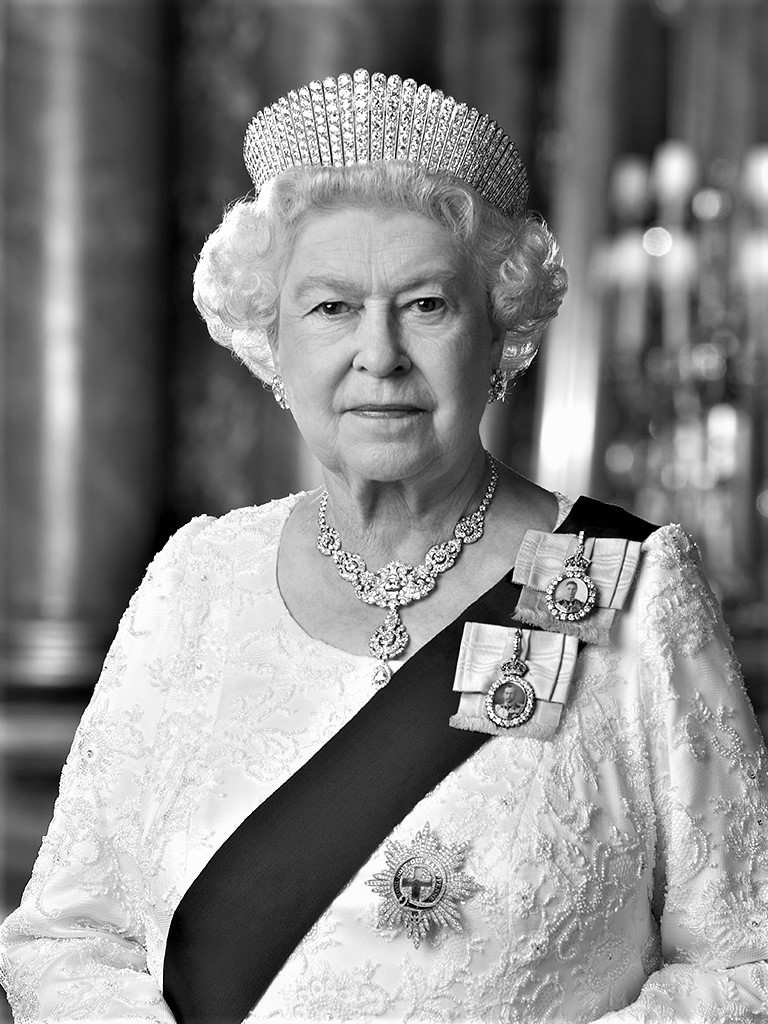MRSA is mainly spread from one person to another by hand contact. Washing your hands thoroughly with soap and water or using alcohol hand gels are the most effective ways of stopping the spread of MRSA.
MRSA
MRSA is a healthcare associated infection found most commonly in hospitals. MRSA stands for meticillin-resistant Staphylococcus aureus and is a common type of germ that has become resistant to a group of antibiotics. It lives on the skin and in the noses of many people without causing them any harm.
Like many germs, MRSA only becomes a problem to people who are vulnerable to infection (for example, the elderly, the very young and those with conditions such as diabetes or kidney disease). The germ is more likely to cause infection if it is able to enter the body, for example through wounds or tubes, such as catheters, placed in the body for treatment.
MRSA is mainly spread from one person to another by hand contact. Washing your hands thoroughly with soap and water or using alcohol hand gels are the most effective ways of stopping the spread of MRSA. Antibiotics can be used to treat MRSA and patients found to have MRSA while in hospitals may be isolated in a side room. The latest NHS Tayside HAI Board Reports contain information on MRSA and are available for download.
MRSA is mainly spread from one person to another by hand contact. Washing your hands thoroughly with soap and water or using alcohol hand gels are the most effective ways of stopping the spread of MRSA.

